Musk and others who have raised a warning flag on A.I. have sometimes been treated like drama queens. In January 2016, Musk won the annual Luddite Award, bestowed by a Washington tech-policy think tank. Still, he’s got some pretty good wingmen. Stephen Hawking told the BBC, “I think the development of full artificial intelligence could spell the end of the human race.” Bill Gates told Charlie Rose that A.I. was potentially more dangerous than a nuclear catastrophe. Nick Bostrom, a 43-year-old Oxford philosophy professor, warned in his 2014 book,Superintelligence, that “once unfriendly superintelligence exists, it would prevent us from replacing it or changing its preferences. Our fate would be sealed.” And, last year, Henry Kissinger jumped on the peril bandwagon, holding a confidential meeting with top A.I. experts at the Brook, a private club in Manhattan, to discuss his concern over how smart robots could cause a rupture in history and unravel the way civilization works….
Just as, two hundred million years ago, mammalian brains developed a neocortex that eventually enabled humans to “invent language and science and art and technology,” by the 2030s, [Ray] Kurzweil predicts, we will be cyborgs, with nanobots the size of blood cells connecting us to synthetic neocortices in the cloud, giving us access to virtual reality and augmented reality from within our own nervous systems. “We will be funnier; we will be more musical; we will increase our wisdom,” he said, ultimately, as I understand it, producing a herd of Beethovens and Einsteins. Nanobots in our veins and arteries will cure diseases and heal our bodies from the inside.
h/t PocketHits


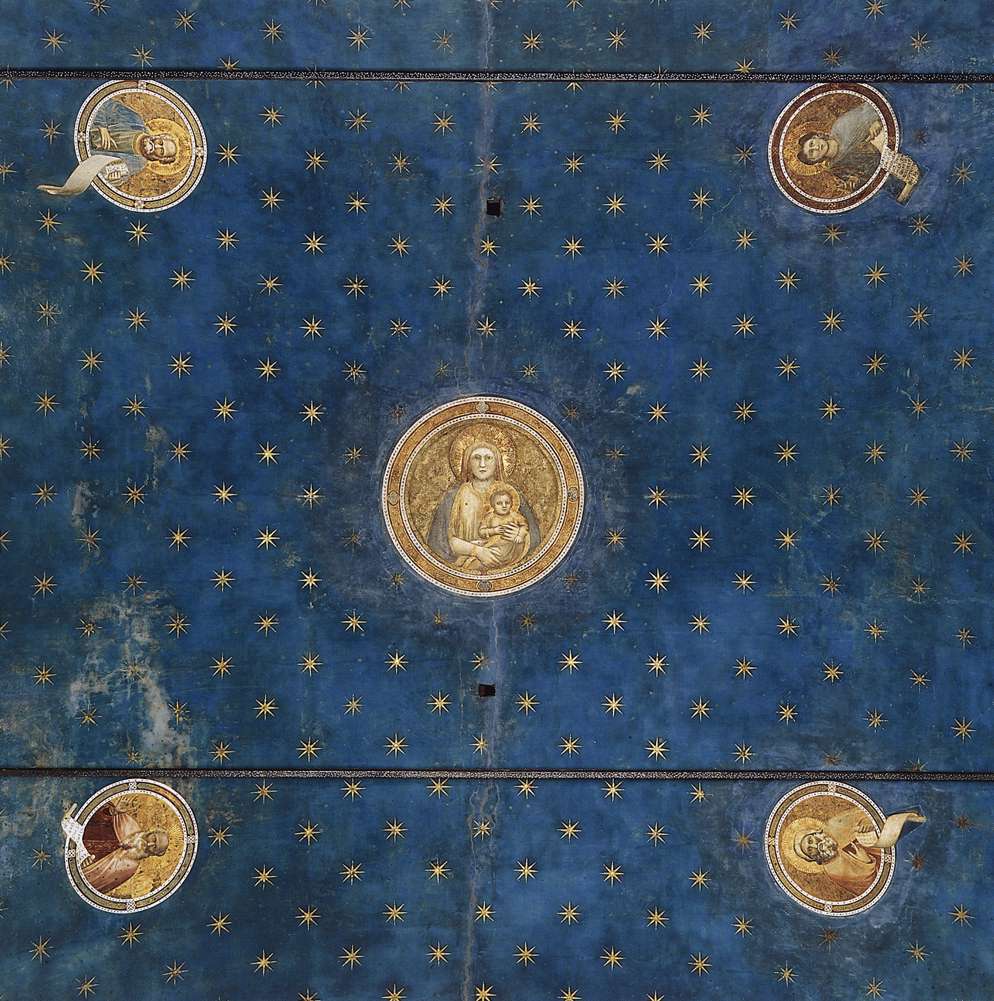
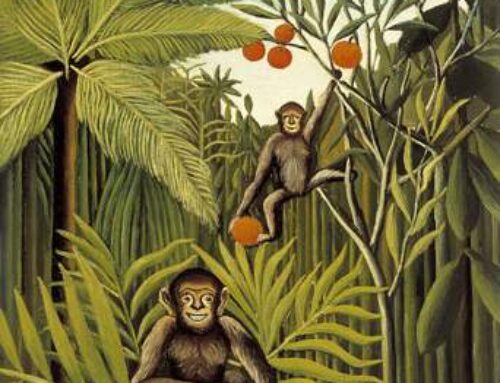
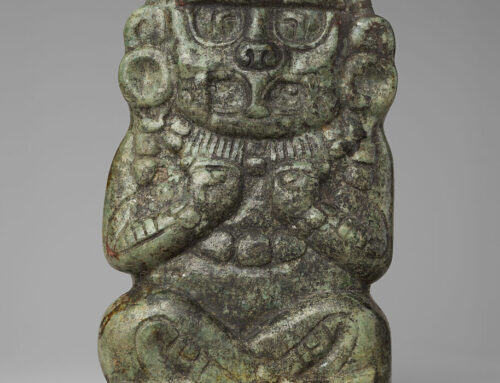
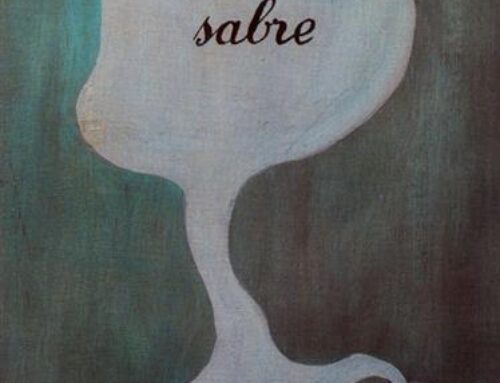

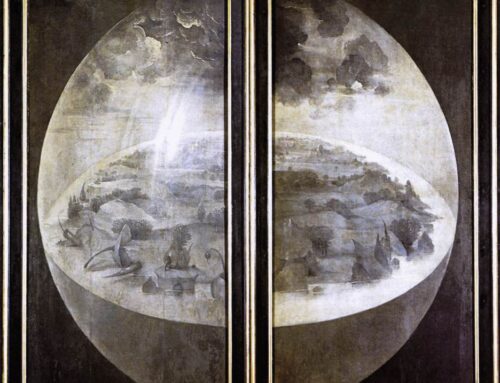

Leave A Comment